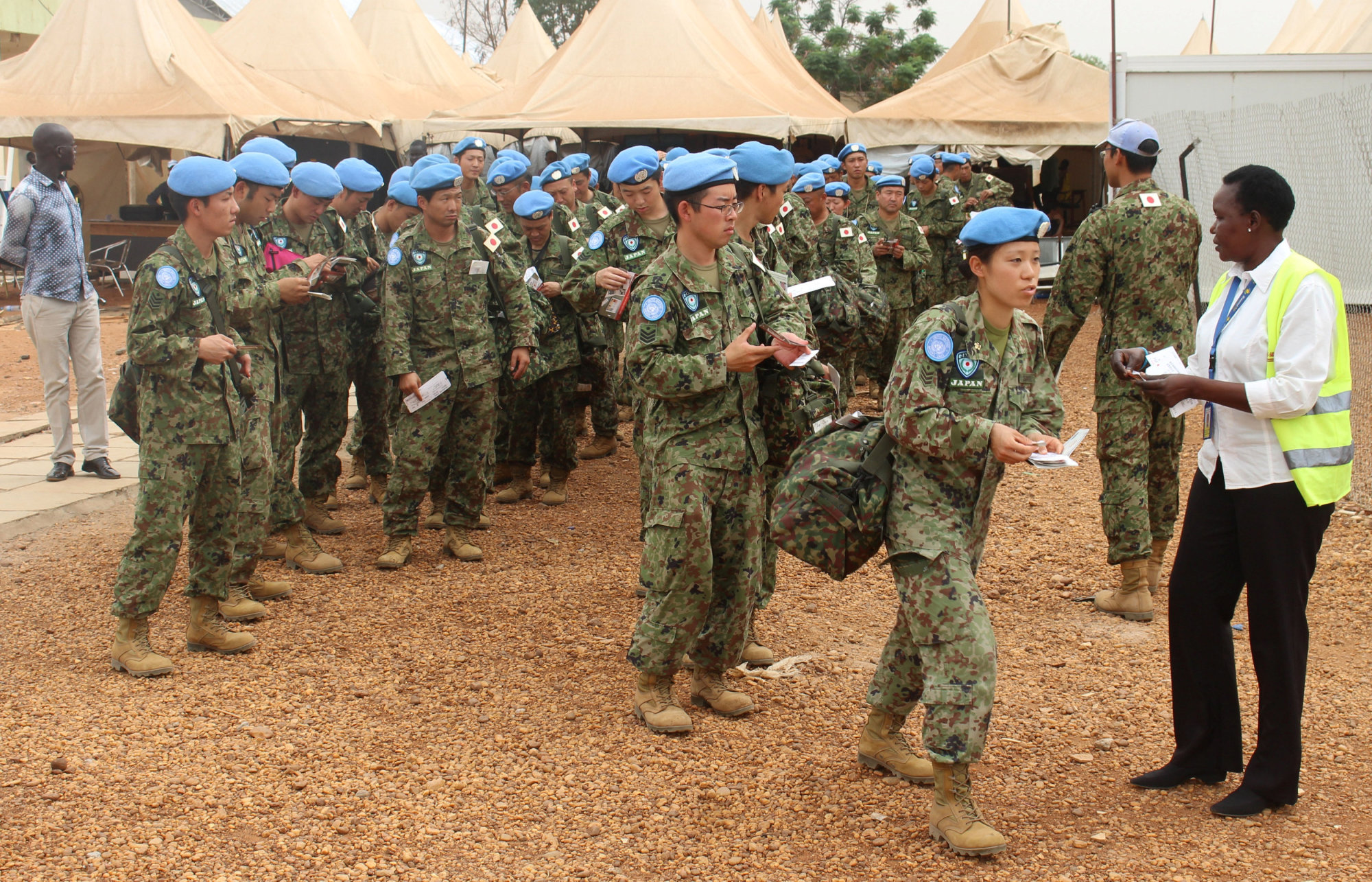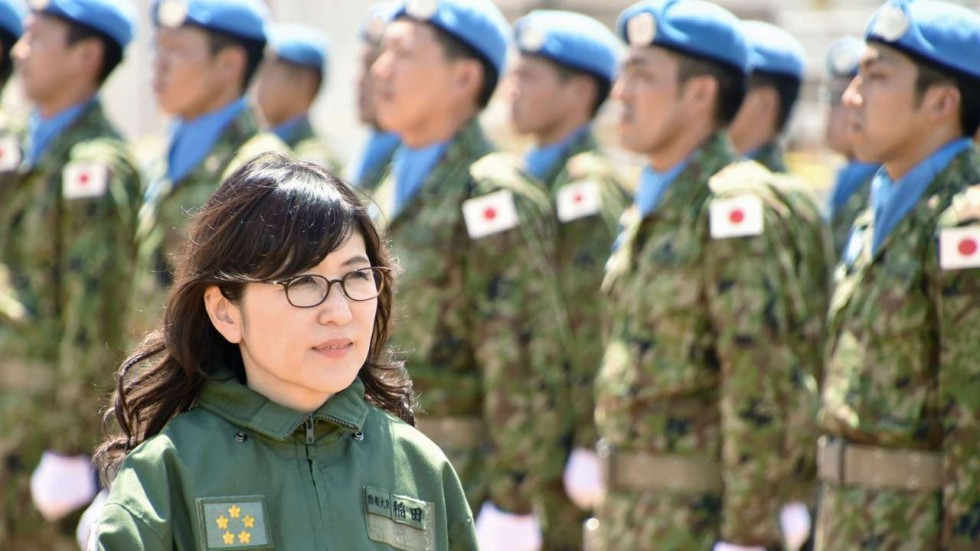Japan’s Defense Minister, Tomomi Inada, along with other military officers are set to resign over alleged claims that her office failed to disclose information about Japanese peacekeepers activities in South Sudan.
The controversy surrounding the expected resignation was triggered by government critics who cited a Japanese law which banned Japanese troops from serving in peacekeeping missions unless parties to the conflict agreed to a peace deal.

However, daily activity logs revealed that Japanese peacekeepers recorded events of fighting between South Sudanese government and rebel forces.
Japan pulled its troops out of South Sudan this year after critics accused Japanese Prime Minister Shinzo Abe of illegally expanding military’s role overseas.
In a related development, early this year the Japanese government announced plans to raise the amount of compensation to be paid to the families of Japanese soldiers killed during operations for the UN peacekeeping mission in South Sudan to 90 million yen, up from from 60 million yen .
According to sources, the government found that necessary following its decision to assign Self-Defense Forces personnel new controversial responsibilities—rescuing UN staff and others under attack—during peacekeeping operations in the conflict-mired country.
At the time the Defense Ministry is also reportedly arranged to pay 8,000 yen per day to Ground Self-Defense Force troops who actually perform such duties in South Sudan, sources said.
The 90 million yen compensation is at par with that set for SDF members involved in reconstruction efforts in Iraq, anti-piracy missions off Somalia and the emergency response to the nuclear disaster at the Fukushima Daiichi power plant.







